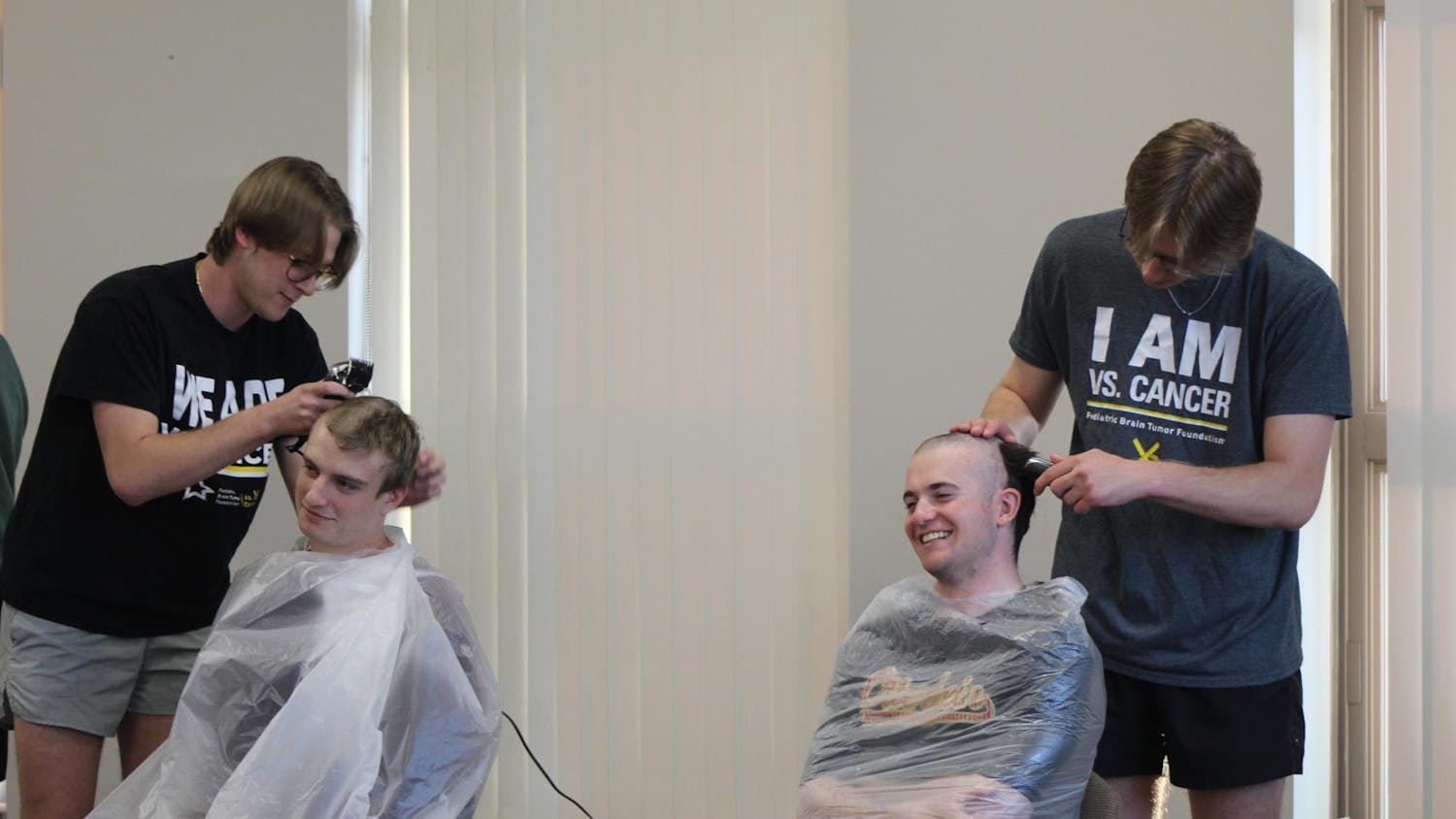College can be a lot of fun, and in all the excitement we’re bound to make a few mistakes.
Maybe you get a tattoo you regret or miss a few too many classes.
Maybe you’re charged with a felony or two because you break into Wendy’s at 4 a.m. because you could have sworn they were still open.
Or maybe on spring break you go out dancing with a woman and find yourself in the back of a fishing boat with some sort of super-resistant strain of genital warts. And this is how we transition into a talk about STDs in college.
A federal study backed by the Center for Disease Control and Prevention in 2008 found that up to 1 in 4 teenagers could have an STD. Websites that reference this statistic, such as Nursingschools.net, claim that this number could be even higher, as it only includes those who know they have an STD. There’s really nothing I can add about prevention that we haven’t heard before, so this article is focused on how to tell someone you have an STD if you have one.
So yes, spring break was a blast. Unfortunately, new sunglasses and a sun tan aren’t the only things you brought back.
Most sexually transmitted diseases are manageable with medication and treatment, so the first step is to tell a doctor. Early diagnosis and treatment can decrease symptoms and reduce chances of unknowingly spreading the disease.
In Ohio you can be sued for giving somebody an STD (primarily HIV) if the plaintiff can prove you had sufficient knowledge of your disease and enough harm has been caused, and Legalzoom.com provides examples of such cases.
You can get sued for pretty much anything, actually, but this is an example of how giving somebody a disease for possibly the rest of their life can really make someone mad.
You have to tell your partner that you have an STD, but there aren’t a lot of good small-talk opportunities to bring up the subject. Saying it too early will make you seem a little odd, like you’re a bit over-excited to announce the fact you have small insects living around your pubic region. And saying it too late, like, after you finish having sex, you’re liable to get slapped and ruin a good relationship (or be sued).
If you wind up back in your significant other’s apartment/dorm/shanty underneath the bridge, and you realize that the night is about to end up steamier than a bowl of microwaved veggies in July, now is the time to have a private conversation.
Let your partner know that you have a certain disease but you get regular treatment for it, you know all the facts about it (which you should) and you know how to be safe. Certain diseases can be regulated with medication and you’ll have to use condoms consistently.
If you have developed enough trust already, this conversation should be simple enough.
You can’t guarantee a positive reaction just by being honest, but it’s certainly better than infecting a partner because you’re too selfish to alert them. After all, that might be how you got here in the first place
Editor’s Note: the web version of this story was changed to correct an editing error.





